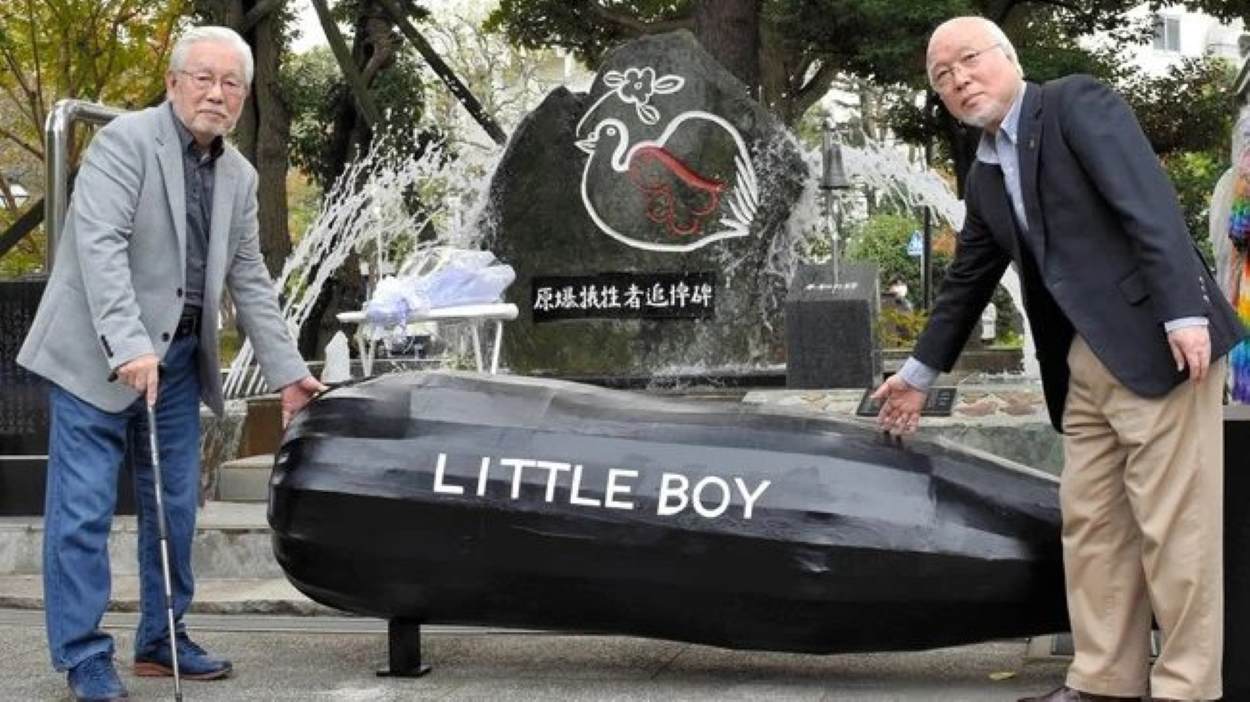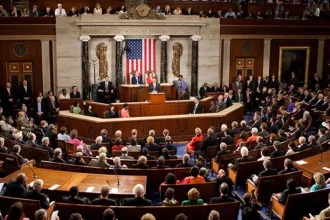Japan’s atomic bomb survivors, hibakusha, receive the Nobel Peace Prize, reflecting decades of anti-nuclear campaigning and memories of discrimination.
Following the 1945 bombings of Hiroshima and Nagasaki, which claimed 140,000 and 74,000 lives, respectively, survivors faced significant discrimination. Societal prejudice over radiation exposure hindered their job opportunities and marriage prospects.
In Tokyo, some survivors built a shared grave to provide a dignified resting place for those without family support, free from judgment.
Reiko Yamada, a 90-year-old survivor, recalled how hibakusha was often told not to marry or interact with others due to fears of radiation. “People stripped us of everything, and some were bullied even by relatives,” she said. Yamada, who has supported fellow survivors for nearly six decades, continues to share her story worldwide.
Terumi Tanaka, 92, co-chair of Nihon Hidankyo, a grassroots group advocating for hibakusha rights, expressed sadness that many early campaigners did not live to see this recognition. The group won the Nobel Peace Prize for its tireless work promoting a world free of nuclear weapons.
Shared Pain and Collective Healing
Michiko Murata, 73, who helps run Toyukai, an association of hibakusha in Tokyo, explained how survivors sought solace in the city’s anonymity. Many chose not to have children, fearing the effects of radiation. In 2005, some members built a shared grave in Tokyo to provide a dignified resting place. “They wanted to be with others, sharing memories of Hiroshima and Nagasaki without fear of discrimination,” said Murata.
Read: Japan Wins Nobel Peace Prize for Nuclear Disarmament Efforts
Yamada recalled the August morning in Hiroshima when a blinding white light followed by a gust of hot sand knocked her down. She later witnessed charred bodies piling up on her school grounds, where 2,300 victims were burned without identification.
Yamada’s family avoided open discrimination but rarely spoke about their experiences. “We never discussed it, not even among ourselves,” she shared.
As wars persist globally, Yamada views the Nobel Peace Prize as validation for the hibakusha’s efforts toward a nuclear-free world. “I hope this dream will pass to future generations,” she said. Her words highlight the enduring legacy of those who have fought for peace despite immense suffering.






